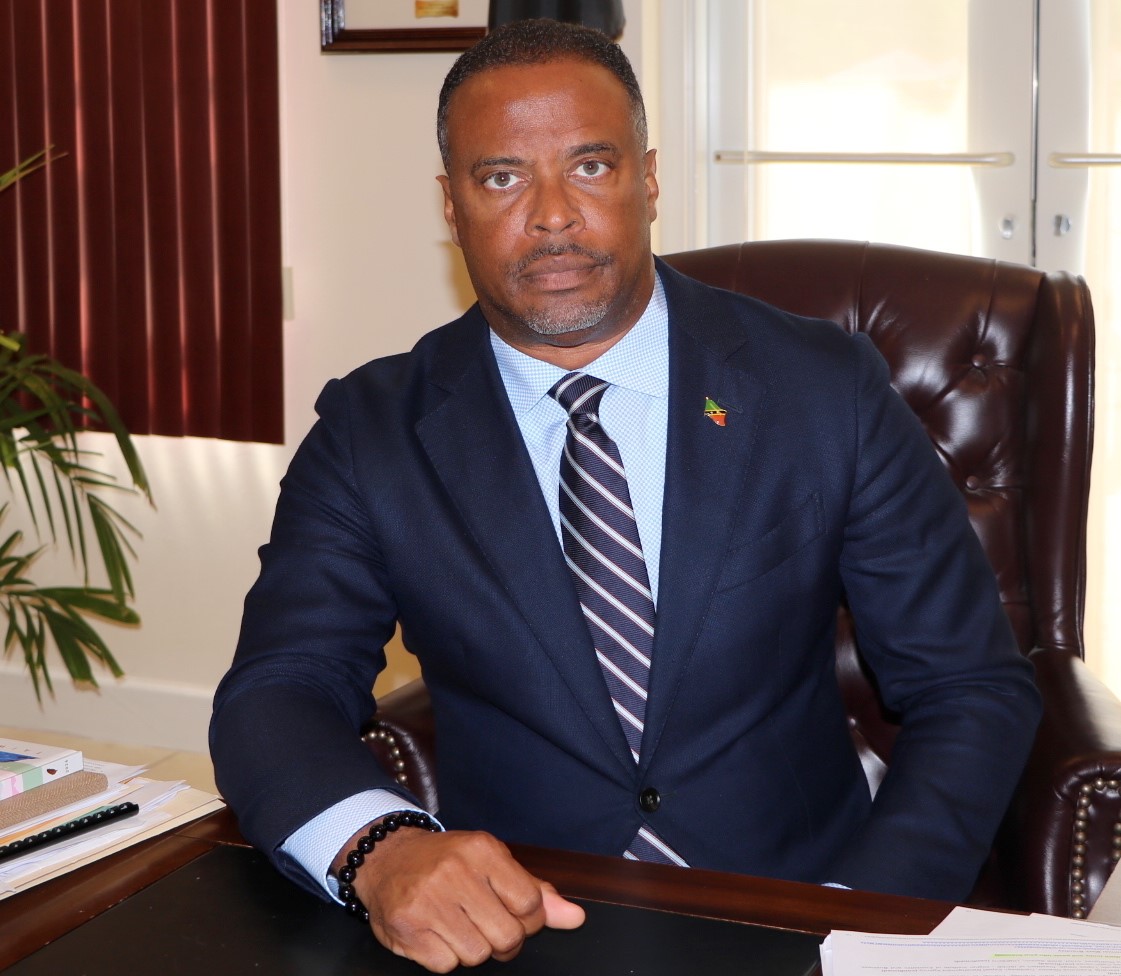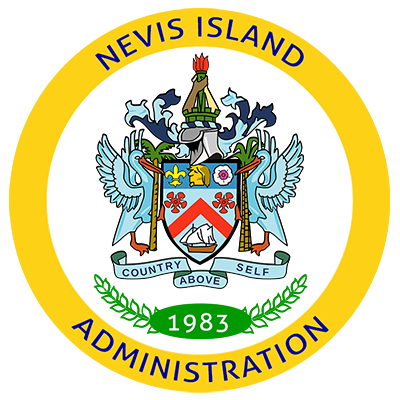Op-ed by Premier of Nevis the Hon. Mark Brantley on indiscriminate economic sanctions

NIA CHARLESTOWN NEVIS (April 16, 2024)- The Honourable Mark Brantley, Premier of Nevis and Leader of the Opposition of St. Kitts and Nevis, shares his perspective on the use of indiscriminate economic sanctions entitled:
A Call For Evidence Based Economic Sanctions Regime
The use of economic sanctions has become an accepted global norm for punishing errant behavior and showing international condemnation of certain actors and actions. Some sanctions are given the weight of international law emanating from international organizations such as the United Nations. Other sanctions are imposed by individual nations or groupings of nations such as the European Union. Sanctions are by their nature punitive and are intended to cause significant disruption to the business affairs, ease of travel and economic prospects of those sanctioned.
The issue that has oft arisen is the legal framework for such sanctions and how they ought properly to be applied. All of us should condemn for example the sanctioning of an entire race of persons for the actions of members of that race. We would equally condemn subjecting all Christians or all Muslims to sanctions because of the actions of some Christians or Muslims. And yet we continue to see sanctions being used as broad and often largely political responses regardless of their devastating consequences.
While there are many examples, a case in point is the Russian people who, because of their leaders’ decision to invade Ukraine, have found themselves largely punished internationally by sanctions of one form or the other. In the Caribbean, banks have ceased nearly all financial transactions involving Russian citizens. Caribbean nations offering citizenship by investment programmes have ceased allowing Russians access to their programmes. Ironically even Russians lawfully living in Europe and the United States find themselves barred simply because of their nationality.
I posit that this broad-based punishment of an entire nationality should be cause for concern. Punishment, after all, should be the result of being found complicit in some prohibited activity. Being born in Russia or Iran or some other country cannot be a prohibited activity attracting punishment without more. Yet that is exactly what now applies and what has become the international norm.
Recently the General Court of the European Union lifted sanctions against two Russian citizens, Mikhail Fridman and Petr Aven. Both are shareholders of Alfa Group and had been placed on a sanctions list by the EU when Russia invaded Ukraine in 2022. The Court ruled that the evidence did not justify putting these two businessmen on a sanctions list as there was no evidence that they supported Russia’s aggression towards Ukraine.
This decision is welcomed because it departs from the current norm of applying punitive sanctions without a shred of evidence and now appears to be pointing us towards a more evidenced based approach. This approach brings us back to the basic philosophy undergirding English and western jurisprudence that persons should not be punished without evidence of wrongdoing. Put differently, punishment should be reserved for the guilty and not meted out to the innocent.
Caribbean governments having citizenship by investment programmes and Caribbean banks and financial institutions may now wish to recalibrate their own approaches to Russians, Iranians and others and to ensure that innocent persons are not punished with harsh and discriminatory sanctions when there is not a scintilla of evidence suggesting their involvement in any wrongdoing. I am certain for example that Americans would find it extremely odd to have their business, travel and wellbeing disrupted because the White House engaged in decisions which the global community or some sections thereof condemns.
Sanctions are useful tools to deter and punish errant behavior by individuals and by nations but we must never allow such tools to become instruments of oppression against innocent people. Our global rules-based order must be based on justice and fairness and must never fall prey to capricious and arbitrary approaches.
Honourable Mark Brantley
Premier of Nevis
